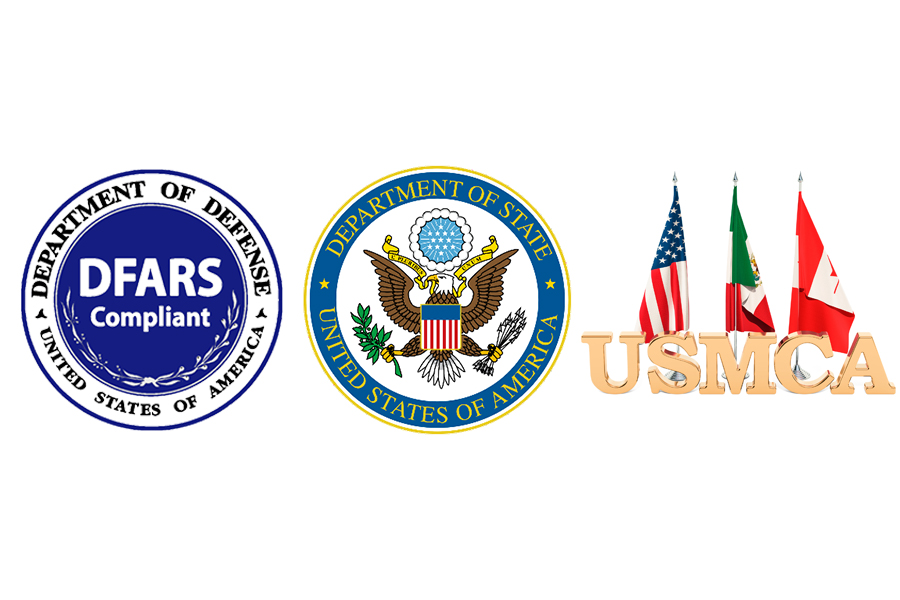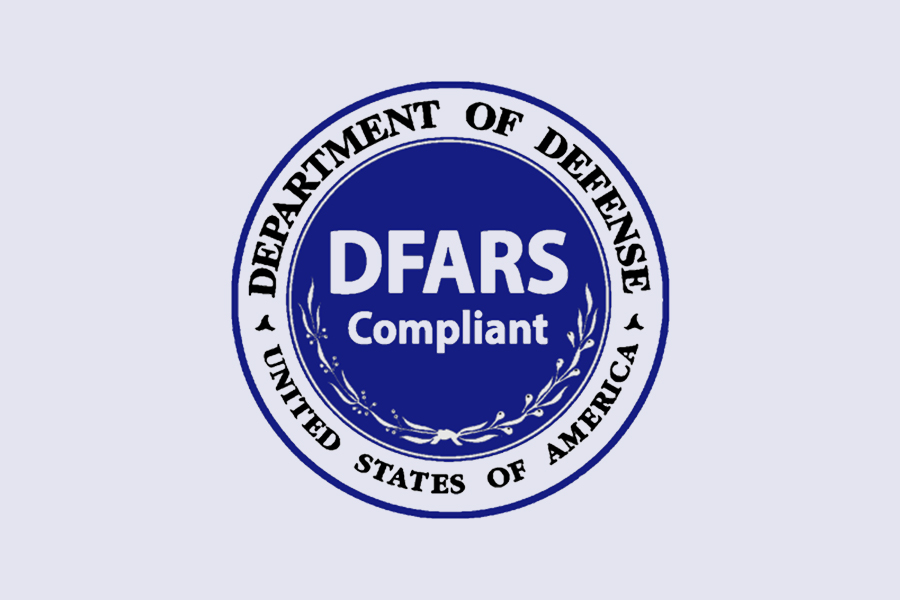DFARS Compliance: Specialty Metal Types And Source Rules
DFARS Inhalt
The Defence Federal Acquisition Regulation Supplement (DFARS) establishes strict rules for specialised metals used in defence items. These rules ensure secure procurement and protect national security. Specialised metals are those that possess high strength, corrosion resistance and unusual thermal properties. Examples include Titanium, Tungsten and certain nickel alloys.
In the regulation it is clearly defined which metals must be controlled. It also contains guidelines regarding the sourcing of these metals. The origin of these metals is significant. They should be obtained from trusted suppliers in approved countries. This measure prevents the use of metals for which concerns regarding quality or reliability exist.
Spezielle Metallarten
Industries that work with defence items must strictly adhere to these sourcing rules. Titanium is frequently used for aircraft and rocket components. Titanium has a high strength-to-weight ratio and corrosion resistance. These properties are required for parts that must withstand high loads and adverse environmental conditions. The DFARS require that the titanium used originate from a country or supplier that is approved.
Another example is tungsten. It is known for its high density and high melting point. It is used in applications that require heat resistance and the attributes of heavy metals. The DFARS stipulate that tungsten for defence projects must be traceable to a verified source.
Nickel alloys are also regulated under the DFARS sourcing rules. These alloys, which may contain elements such as chromium and molybdenum, are used because they have durability and temperature resistance. They are frequently used in engine components and areas that are subjected to high stress. Verification of the origin of these alloys is crucial. The regulation requires detailed documentation to prove the traceability of the metal.
The regulations also apply to superalloys and high-melting metals. Superalloys are used at elevated temperatures and under high loads. They are particularly used in components of jet engines. Refractory metals such as zirconium and hafnium are selected for their resistance to heat and physical wear. Both categories must comply with DFARS sourcing rules. Detailed records and certified documentation are required.
Many organisations train their staff to understand these requirements. The training includes case studies from previous audits and examples of common pitfalls. The training explains the importance of maintaining close relationships with approved suppliers. These practices support production and assembly processes that follow regulated standards for defence projects.
Zusammenfassende Tabelle
|
Specialised Metal Type |
Important Properties |
Common Applications |
|
Titanium |
High strength-to-weight ratio, corrosion resistance |
Aircraft, rocket components |
|
Tungsten |
High density, high melting point |
Heat-resistant components, counterweights |
|
Nickel Alloys |
Durability, temperature resistance |
Engine components, high-stress components |
|
Superalloys |
Designed for high thermal and mechanical loads |
Jet engine components, turbines |
|
High-melting Metals |
High heat resistance, durability |
Components of nuclear reactors, high-temperature applications |
Additional materials produced in the USA are available at Stanford Advanced Materials (SAM).
Schlussfolgerung
DFARS is mandatory for national defence projects that use specialised metals. Compliance with DFARS ensures that metals such as titanium, tungsten, nickel alloys, superalloys and refractory metals are sourced from approved origins.
Häufig gestellte Fragen
Q: What are the DFARS regulations for metals?
Q: They require traceability and authorised procurement of specialised metals for defence projects.
Q: Why is traceability important in metal procurement?
Q: Traceability guarantees that the metals meet the quality and safety standards.
Q: What documentation is required to comply with DFARS?
Q: Detailed certification documents and records for verifying suppliers are required.

 Converters & Calculators
Converters & Calculators
 Chin Trento
Chin Trento



